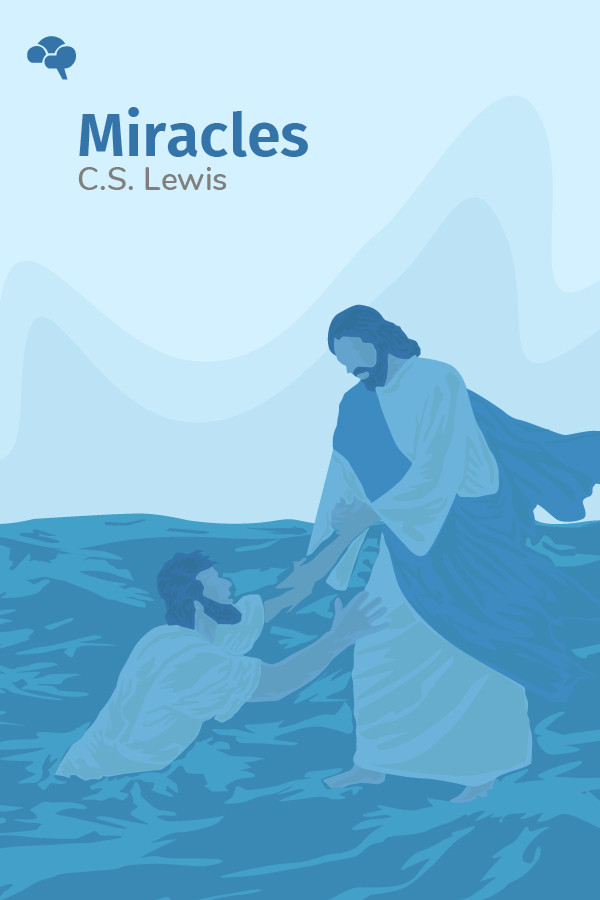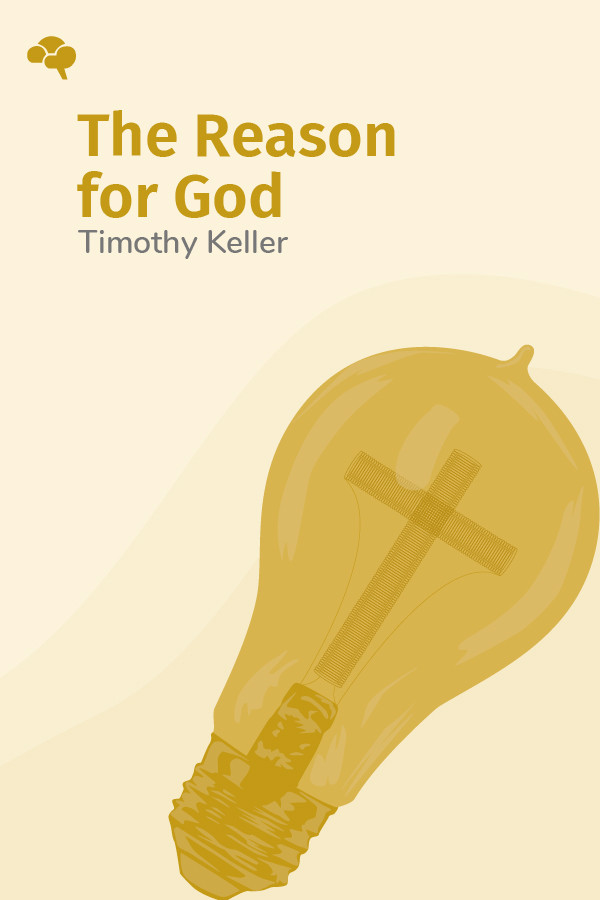

What You'll Learn:
C.S. Lewis described this book as a "preliminary study" on miracles. This description is fitting because he deals not with the question of whether miracles have actually happened, but with the prior question of whether they are possible. He begins by arguing against naturalism, a worldview that excludes the possibility of miraculous events. He then turns his attention to the probability of miracles, and, finally, to the nature and uniqueness of the Christian miracles. He does not try to prove Christianity. Rather, his aim is to remove impediments to clear thinking on the question of miracles that would prevent one from giving the Christian claims a fair hearing.
Key Insights:
- Whether miracles are possible depends on whether naturalism is true or false.
- Naturalism cannot be rationally affirmed because it invalidates rationality.
- If reason cannot come from mindless nature, it must come from a transcendent rational source.
- The validity of our moral judgments depends on naturalism being false.
- The popular objections to supernaturalism are flimsy and superficial.
- It is a mistake to think of miracles as violations of the laws of nature.
- Some of the primitive ideas associated with Christianity are false or misleading.
- There is no good reason to think that God, if He exists, would not perform miracles.
- Hume’s argument against miracles is fallacious and ill-conceived.
- The Incarnation is credible because it harmonizes with what we already know.
- The miracles of Christ are stylistically consistent with what would we expect of God.
- Caution should be exercised when studying the evidence for the Christian miracles.




